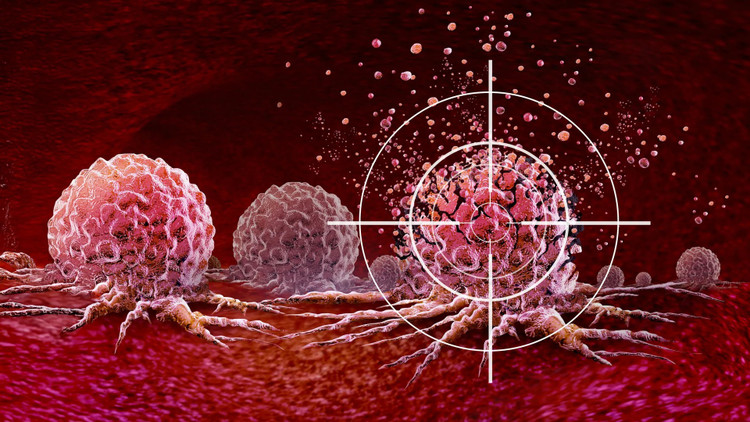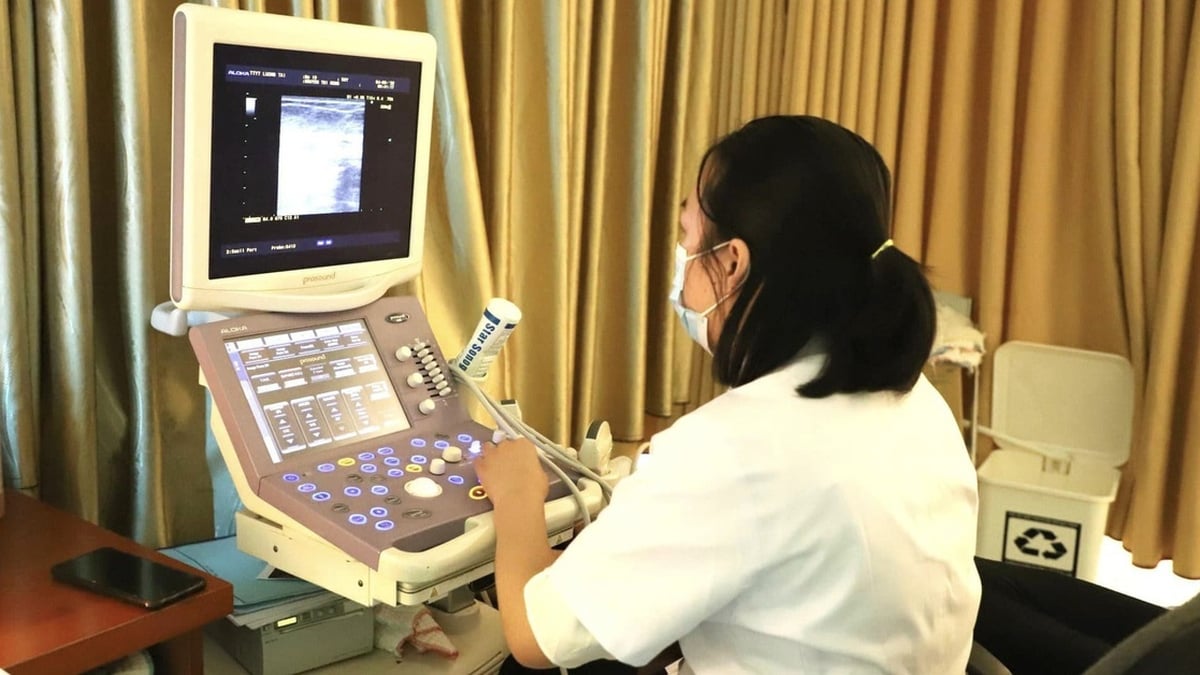Scientists at the Technical University of Denmark have applied artificial intelligence (AI) to design proteins that can "guide" immune cells, specifically T cells, to accurately identify and destroy melanoma skin cancer cells.

By combining three different AI tools, the team created tens of thousands of artificial proteins in a short time. After screening, they found an optimal protein that bound strongly to melanoma cells. When introduced into T cells, the protein acted as a molecular GPS, pinpointing its target and triggering a rapid immune response. The results showed that the T cells recognized and destroyed the cancer cells, while also preventing tumor growth in lab experiments.
The key to this approach is its speed. Protein design takes just a day or two, and basic testing can be done in a few weeks – a far cry from the months it takes with traditional methods. The approach is based on the protein structure prediction technology that won the 2024 Nobel Prize in Chemistry.
Professor Timothy Jenkins, who led the research team, said the long-term goal was to develop immunotherapies that could be tailored to each patient, paving the way for personalised cancer treatment. He said the study was only the first step in proving the technology’s feasibility, but the signs were encouraging.
Stanley Riddell, an expert at the Fred Hutch Cancer Center in the US, said this was “a significant step forward”, not only expanding the potential application of AI in cancer treatment but also being able to apply it to other complex diseases. According to him, shortening the time from protein design to actual testing is a great advantage, helping to promote the research process of new therapies.
However, experts also emphasize that this method is still in the early stages of testing. The next steps will require testing on animals, followed by clinical trials on humans to assess safety and actual effectiveness. Although there is still a lot of work to be done, the initial results show that AI is opening up a completely new approach to immunology and cancer treatment.
If successful, this AI-powered protein design technique could become an integral part of the treatment “toolbox” of future medicine, where therapies are created specifically for each individual, down to the molecule.
Source: https://khoahocdoisong.vn/ai-thiet-ke-protein-nhu-gps-dinh-vi-chinh-xac-khoi-u-post2149041795.html






















































![[Maritime News] Container shipping faces overcapacity that will last until 2028](https://vphoto.vietnam.vn/thumb/402x226/vietnam/resource/IMAGE/2025/7/30/6d35cbc6b0f643fd97f8aa2e9bc87aea)










































Comment (0)